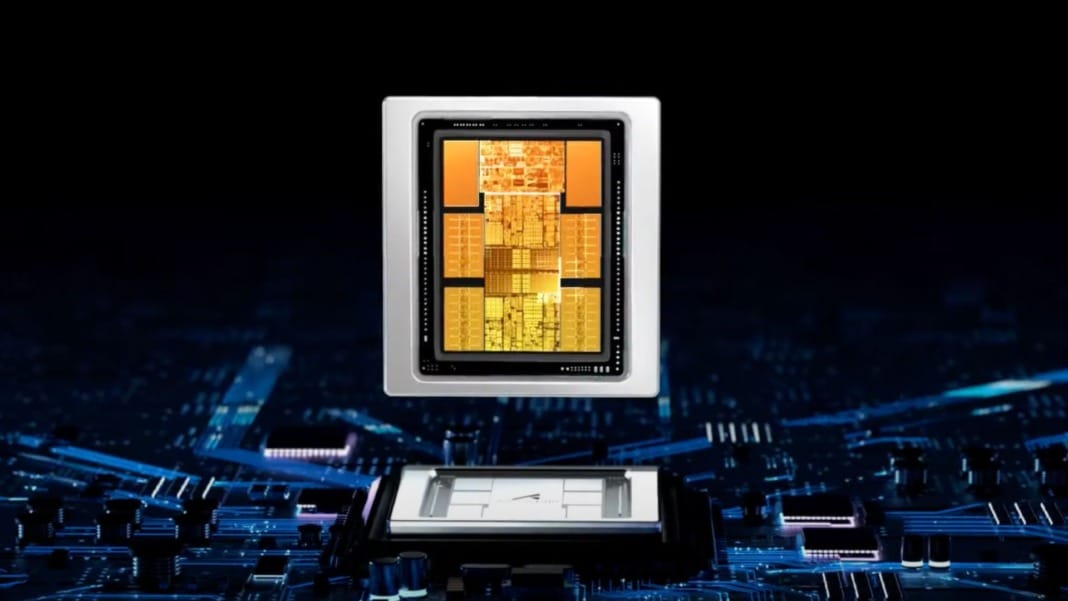Huawei is now expanding beyond China in its efforts to grow its AI chip business. You’re seeing the Chinese tech company look to the Middle East and Southeast Asia to sell its Ascend AI chips, as it tries to challenge U.S. giant Nvidia in emerging markets.
Huawei offers AI chips to new regions
According to a Bloomberg report on July 11, Huawei Technologies has approached potential buyers in the United Arab Emirates, Saudi Arabia, and Thailand. The company is offering its older-generation Ascend 910B AI chips, apparently in an attempt to establish a foothold in regions where demand for AI technology is rapidly increasing.
If you’re in one of these countries, you might soon see Huawei trying to become part of your local AI development. The chips on offer are said to be priced in the low thousands (in US$), though the exact pricing and volumes are not fully known. As of now, no agreements have been signed. Sources indicate that interest from UAE clients is weak, and it remains unclear how far discussions have progressed in Thailand.
Cloud-based AI access offered alongside chips
While Huawei is not ready to export its most powerful AI hardware, it is offering remote access to its advanced CloudMatrix 384 system. This AI platform is based in China and uses Huawei’s latest chips, which are still in short supply.
By allowing remote access rather than physical exports, Huawei is attempting to work around current limitations. This is a clever move to introduce its latest technology to the world without breaking any current trade or supply barriers.
This strategy also enables Huawei to remain visible on the global stage, particularly in regions eager for AI development but constrained by limited access to top-tier U.S. chips.
Facing challenges in a competitive AI market
If you’re following AI trends in the Middle East, you’ll know that the region has quickly become a hotspot. U.S. companies, such as Nvidia, are actively making deals there, which puts added pressure on Huawei to act swiftly and compete.
During a 2017 visit, then-President Donald Trump reportedly secured US$600 billion in deals from Saudi Arabia for U.S. firms. That demonstrates the significant investment flowing into the region, particularly in advanced technology.
Meanwhile, back home in China, Huawei is continuing to push its more advanced Ascend 910C chips to domestic companies that are blocked from buying cutting-edge U.S. chips. These efforts are part of a broader strategy to meet growing domestic demand while also pushing into new international markets.
U.S. export controls, introduced under several administrations, have aimed to limit China’s ability to use American chip tech for military or strategic purposes. An Nvidia spokesperson commented, “With the current export controls, we are effectively out of the China datacenter market, which is now served only by competitors such as Huawei.”
That’s where Huawei sees its chance — both in China and in growing markets abroad.
As this story develops, it’s clear you’ll be seeing more efforts from Huawei to enter global AI markets through both hardware and cloud-based solutions. Whether these efforts succeed remains to be seen, especially as they compete with American tech giants on the global stage.






